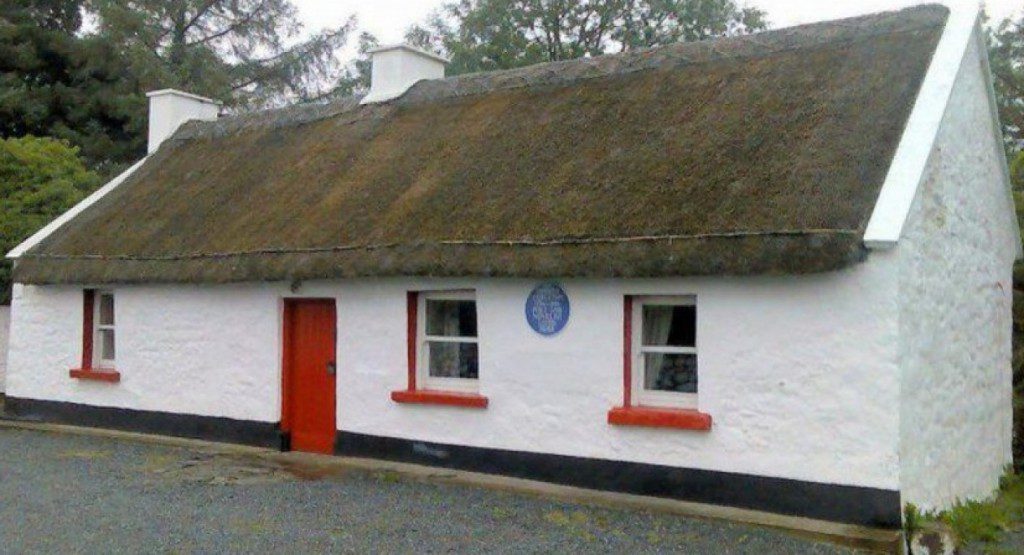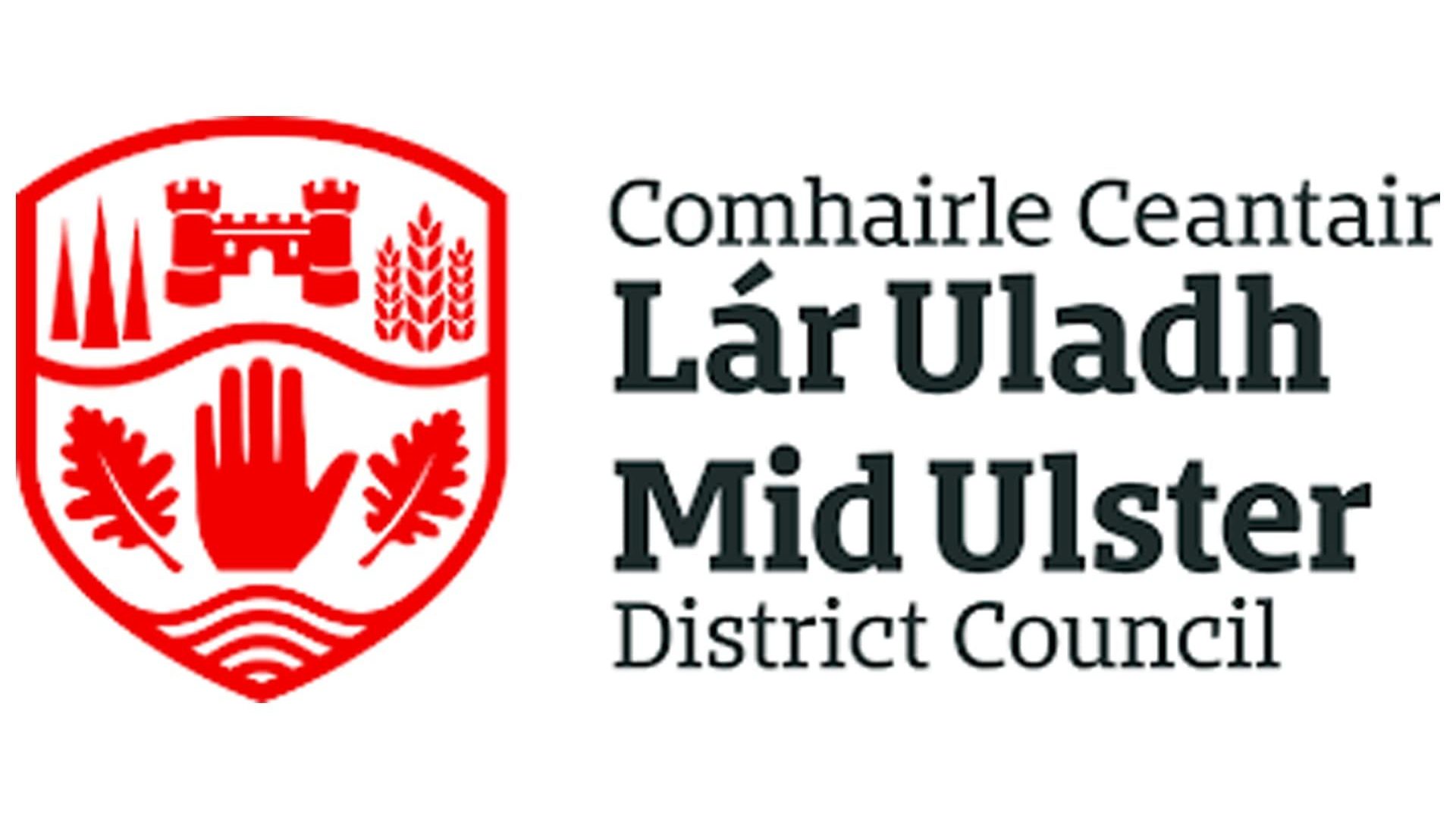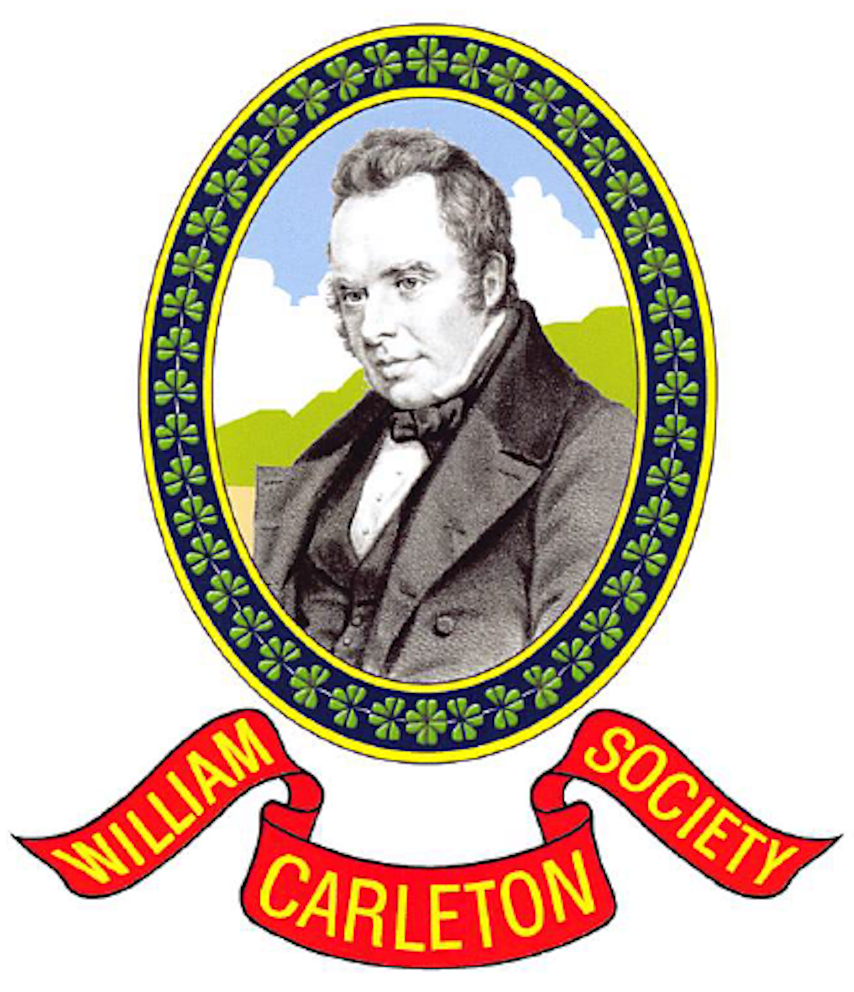William Carleton

William Carleton (1795-1869) was an Irish writer and novelist. He was born in the Clogher Valley in Co Tyrone and lived for a period of time in Springtown, outside Augher.
He was educated at local hedge schools and later moved to Dublin where he was employed as a tutor and schoolmaster before his career as a writer blossomed. His first published story was ‘The Lough Derg Pilgrimage’ and this was soon followed by ‘Traits and Stories of the Irish Peasantry’ (1830) which was recognised as his greatest work. Find out more here.
The William Carleton Society
The William Carleton Society was founded in 1962 with the aim of promoting the life, times and writings of Carleton and furthermore to develop a Society archive, library and collection. The William Carleton Society Summer School was held annually from 1992 to 2019 in the Clogher Valley.
Our future aim is to digitise the extensive archive of Summer School activities including talks by well-known academics, writers, poets and artists and to make the material available worldwide on this website. Please click here to keep up to date with our latest news. If you have any comments or would like to know more about Society activities, please email: WCarletonSociety@gmail.com

The William Carleton Society gratefully acknowledges the support and assistance received from Mid Ulster District Council in creating this website to include a digital archive of its summer schools.
